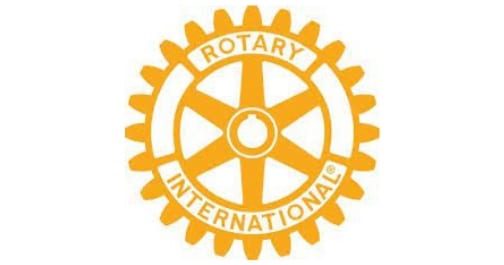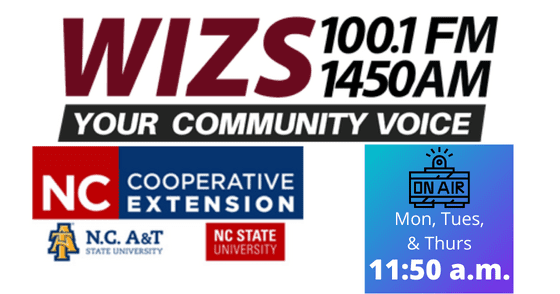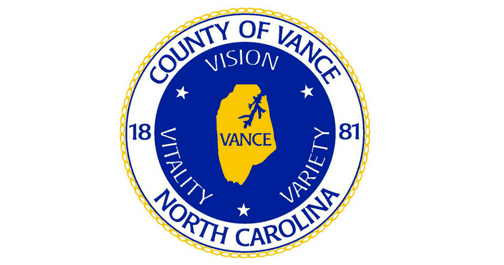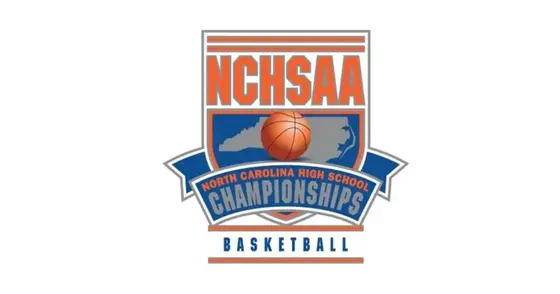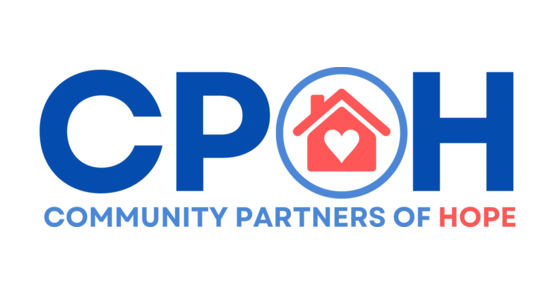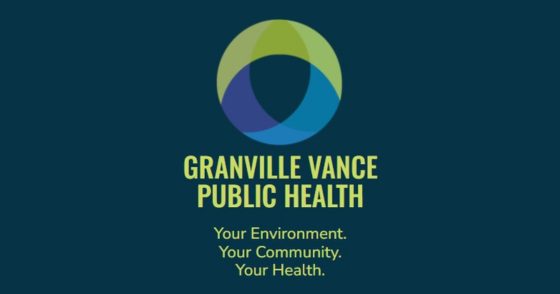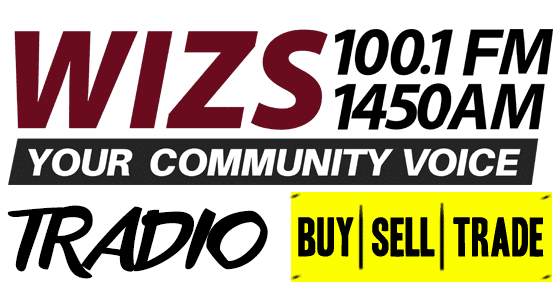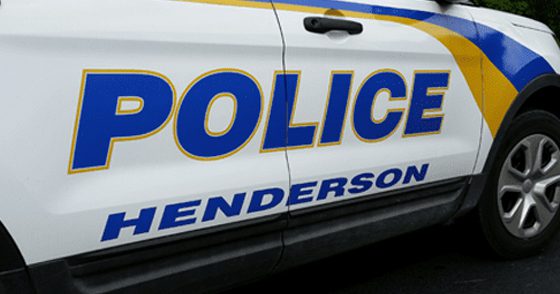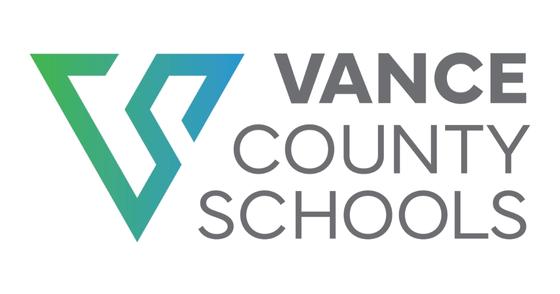100.1 FM ~ 1450 AM ~ WIZS, Your Community Voice ~ Click to LISTEN LOCAL
-Press Release, North Carolina Department of Transportation
This Labor Day, the Governor’s Highway Safety Program is joining forces with the North Carolina Trucking Association, the Network of Employers for Traffic Safety also known as (NETS), the North Carolina Highway Patrol and members of more than 500 law enforcement agencies around the state to help curb impaired driving.
Over the 2019 holiday week, 10 people died and almost 600 were injured as a direct result of impaired driving across our roadways. In addition, 66 lives were claimed due to speeding, and distracted and sleepy driving.
“This Labor Day as we continue to monitor drunk-driving trends, we are calling on our partners in law enforcement to not only help remove drunk drivers from the roadways but to also encourage hard-working North Carolinians to find ways to safely unwind,” said Mark Ezzell, Director of the Governor’s Highway Safety Program (NCGHSP).
Tiffany Wright with AAA Carolinas projects that amidst Covid-19, many will be traveling, but closer to home, visiting North Carolina beaches, mountains, as well as family members and friends. Unfortunately, she says, some will be impaired behind the wheel.
“In response to the troubling number of deaths on the road as a result of impaired driving, we’re united in the plea encouraging North Carolina drivers to travel sober, obey traffic safety laws and drive vigilantly,” said Wright.
In addition to high-visibility saturation patrols across all 100 counties, the NCGHSP is utilizing the voices (download video here) of those who travel the most roadway miles across our state…truckers.
“I’ve seen a lot of bad decisions made behind the wheel; people getting dressed, texting, reading the newspaper, and putting on makeup,” said D. Luke Mallory, Road Team Captain with the North Carolina Trucking Association. “Some are even using prescription drugs, illegal substances and drinking while driving.”
North Carolina truckers travel about 7.7 billion roadway miles of the 111.9 billion driven annually by all motorists. That puts them and other essential workers from the fields of medicine, utilities, food, emergency, industrial and commercial industries at increased risk on our highways.
“Impaired and dangerous driving affects me and the other hard-working men and women who have been stretched thin working hard to replenish our supply chains,” Mallory said. “I’m personally asking people this Labor Day to make better decisions behind the wheel.”
Trucking industry positions account for about 1 in 16 jobs in the state. And while the North Carolina Trucking Association puts safety first through improved driver training, Tara Casanova Powell of the Network of Employers for Traffic Safety, a national industry group, urges all employers to consider traffic safety as an important part of employee wellness.
“We’re asking each employer, what happens when that worker who manages your payroll, or your website, or other employees, gets arrested for DWI,” Powell asks. “What happens if they hit and kill someone while under the influence? It doesn’t matter if this happens on- or off-the-job. The cost of impaired driving is not one that is exclusively paid by the perpetrator, as you as an employer also become a victim. Impaired driving costs lives, reputations, money and relationships, and it’s all preventable. Impaired driving costs incurred by employers include lost time, sick leave, and health insurance costs to name a few.”
Powell says while many companies are focused on shifting their office cultures, they should consider making pre-planning part of their business models as well.
“Encourage your workers to plan ahead, call a ride-share, take public transportation or phone a friend, maybe even you, before they get behind the wheel impaired,” she added.” Their lives and your bottom line are counting on it.”
But of course, if drivers don’t adhere to the harkening of these voices, they’ll be met by the keepers of the peace.
“Our roadways will not go unchecked by the Highway Patrol or any of the 500 law enforcement agencies across our state,” said Colonel Glenn McNeill of the North Carolina State Highway Patrol. “If you are impaired behind the wheel, we will be there. If you are speeding, we will be there. If you are distracted, we will be there. If you are putting others at risk, we will be there.”


